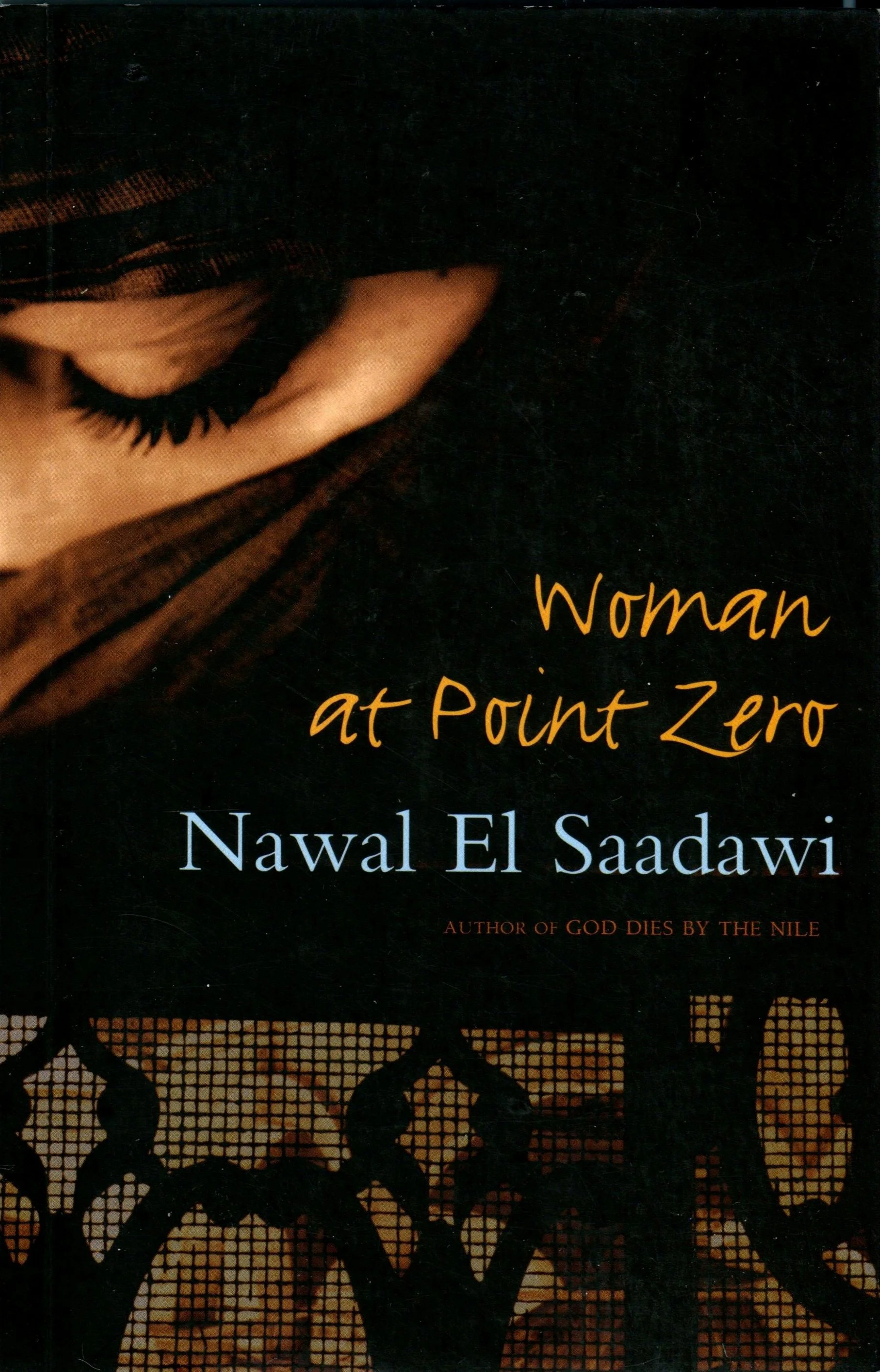Ghana: Homegoing (Yaa Gyasi)
Yaa Gyasi (b. 1989) was born in Mampong, Ghana. When she was a chid, her family moved to the US. She studied at Stanford and at the Iowa Writers' Workshop and published her debut novel at 26 years old. She currently lives in Berkeley.
Background: Ancient Ghana was settled by Akans in the 5th century BC. In the 13th century, a number of Akan states were created, including Bonoman, Ashanti, Denkyira, Mankessim, and Akwamu. From 1670-1957, the Kingdom of Ashanti ruled. Although beginning as a fairly loose amalgamation of states, the kingdom eventually centralized into a leading bureaucracy, with an economy based on gold and trading. In the 15th century, the Akan began to trade with the Portuguese, eventually adding the Dutch as well. In the mid-17th century, the Swedes, Danish, and Germans also established forts and trading relationships. Although there was a history of slavery in the Ashanti Kingdom, slaves were generally only taken as prisoners of war. In the 18th century, the Ashanti also began slave trade with the Europeans, with some tribes taking a more active role. Between 1823 and 1900, the the Anglo-Ashanti Wars took place, as the Ashanti tried to maintain coastal control again the British. Eventually the Ashanti court was exiled. In 1935, the Ashanti became self-ruling again, and King Prempeh II was restored to power in 1957 when the Gold Coast region became independent from the United Kingdom. The Republic of Ghana was established, and the first Prime Minister and President elected. In 1966, the government was overthrown by a military coup. Until 1981, the government was beset with instability, with regular takeovers by the military. In 1981, Jerry John Rawlings took power, suspending the constitution and banning political parties. In 1992, a new constitution was implemented, along with a multi-party system.
Homegoing is a really interesting and fairly depressing book. The book tells the story of two half-sisters in Ghana in the 18th century (who never met), one of whom is sold into slavery, and the other of whom marries a white slaver. Each chapter follows a descendant of one of the women, alternating between the two, with generations reaching the late 20th century. It's a unique way of organizing a book (although it reminded me a little of Cloud Atlas), but the structure sometimes feels a bit forced. Because each character has only one chapter, it is difficult to become particularly attached to any given character, although Gyasi's writing style is such that you easily become engrossed in each mini-story. At the same time, it is fascinating and affecting to read of the "pros and cons" (that somehow feels too light of a term) of having either been sold as a slave (horrible at first...but you get to America...racism....and opportunity), or initially having a better life...but then dealing with the later effects of colonialism and the European exploitation of resources in Africa, and the poverty still in existence. You realize, especially as a white reader, how much black people have been truly screwed over by white people/culture. America or Africa, equally f***ed. Gyasi is gifted, there is no doubt, but I look forward to reading her later works. This book was good, I recommend it, but it is also has the feel of a first novel. There is room to become more subtle in structuring the plot, and I think Gyasi is definitely up to the challenge.






